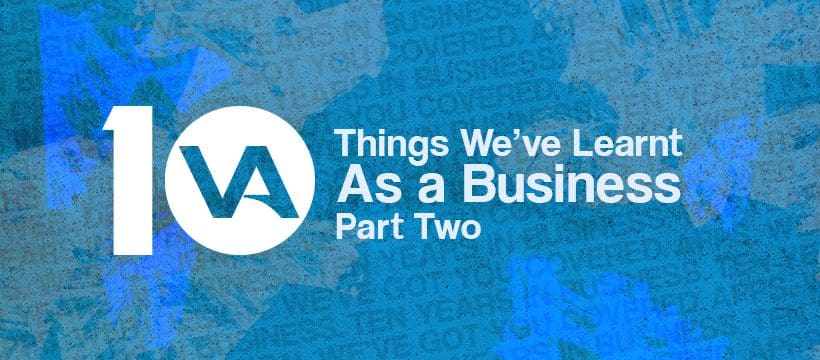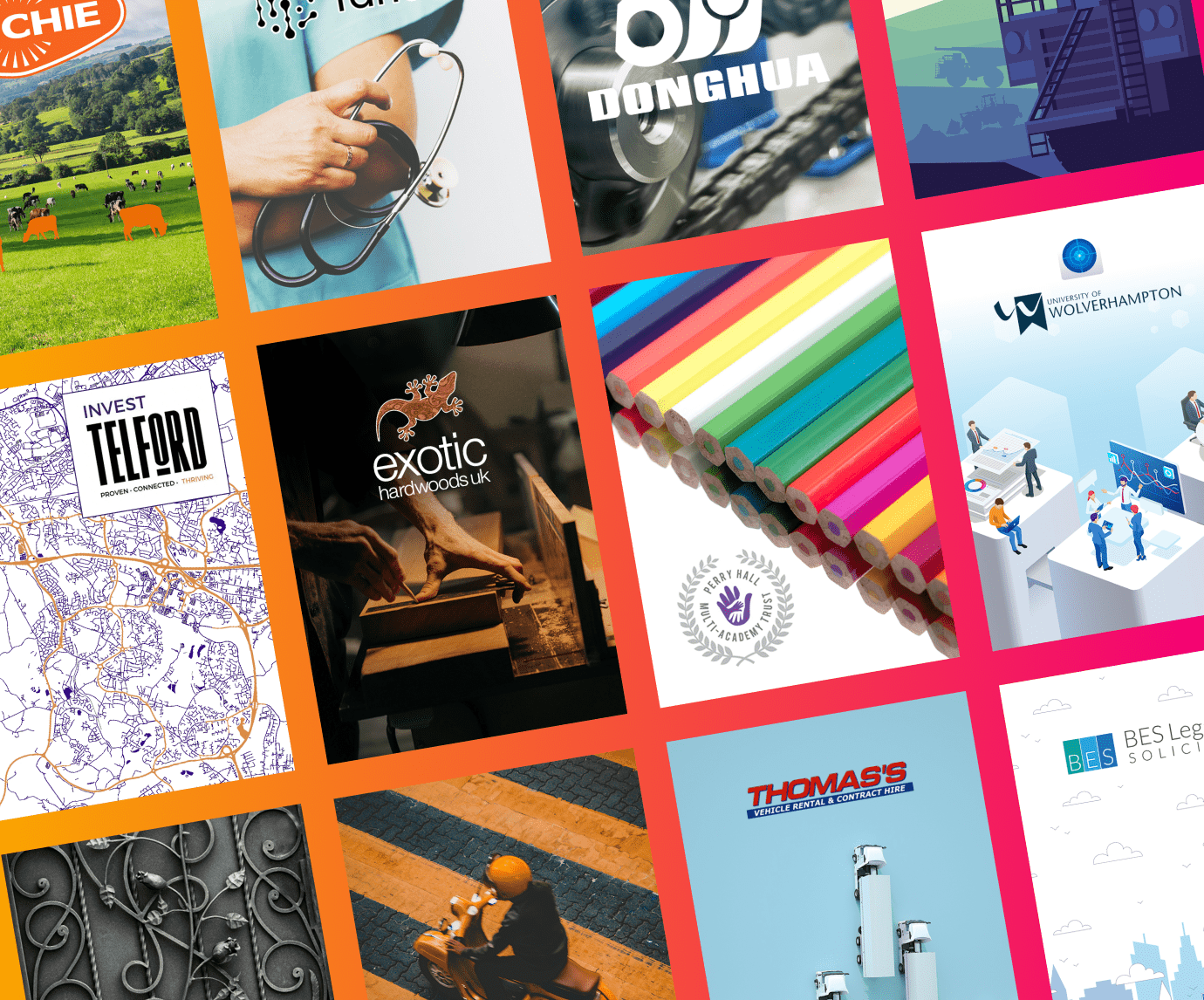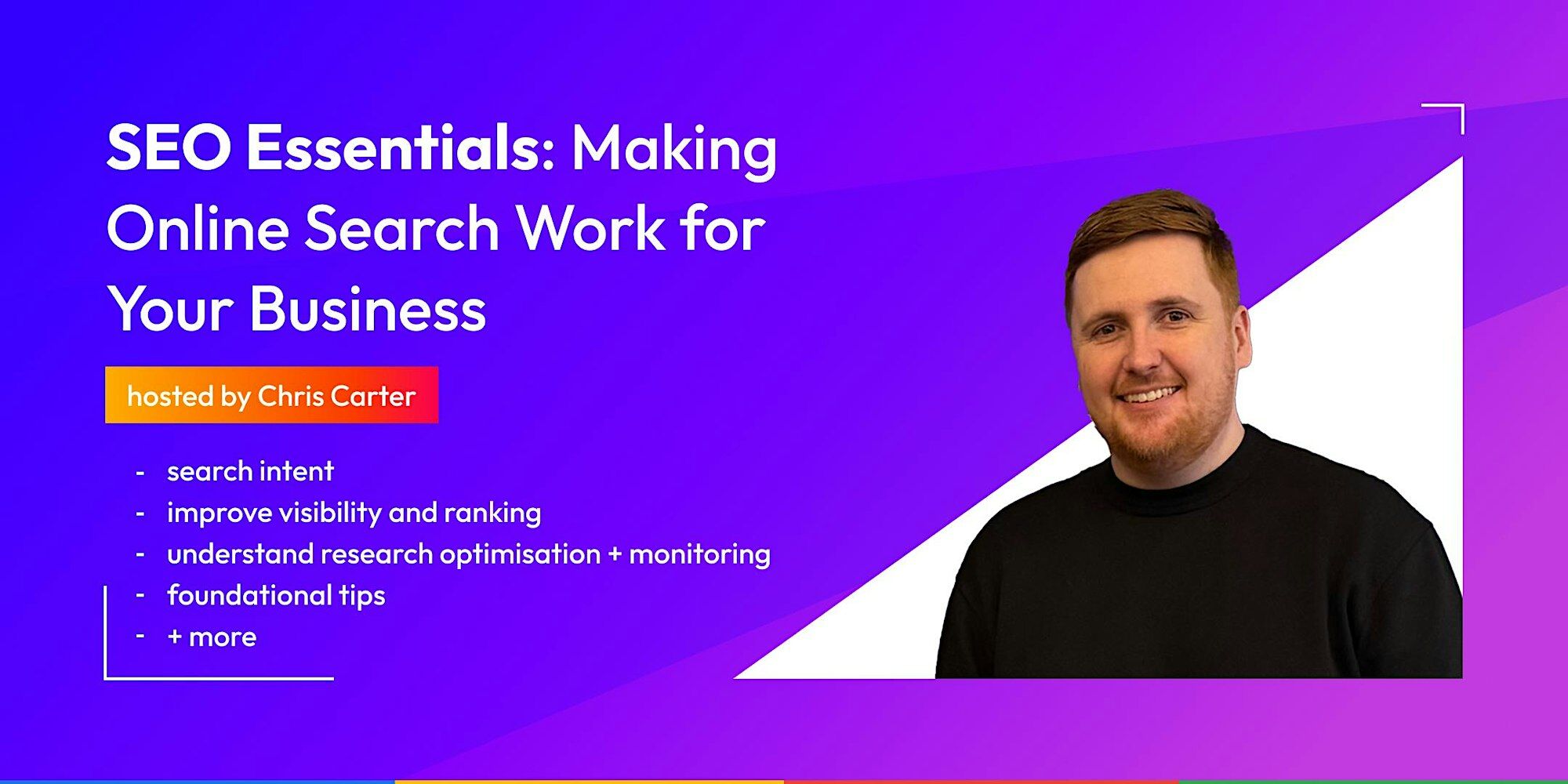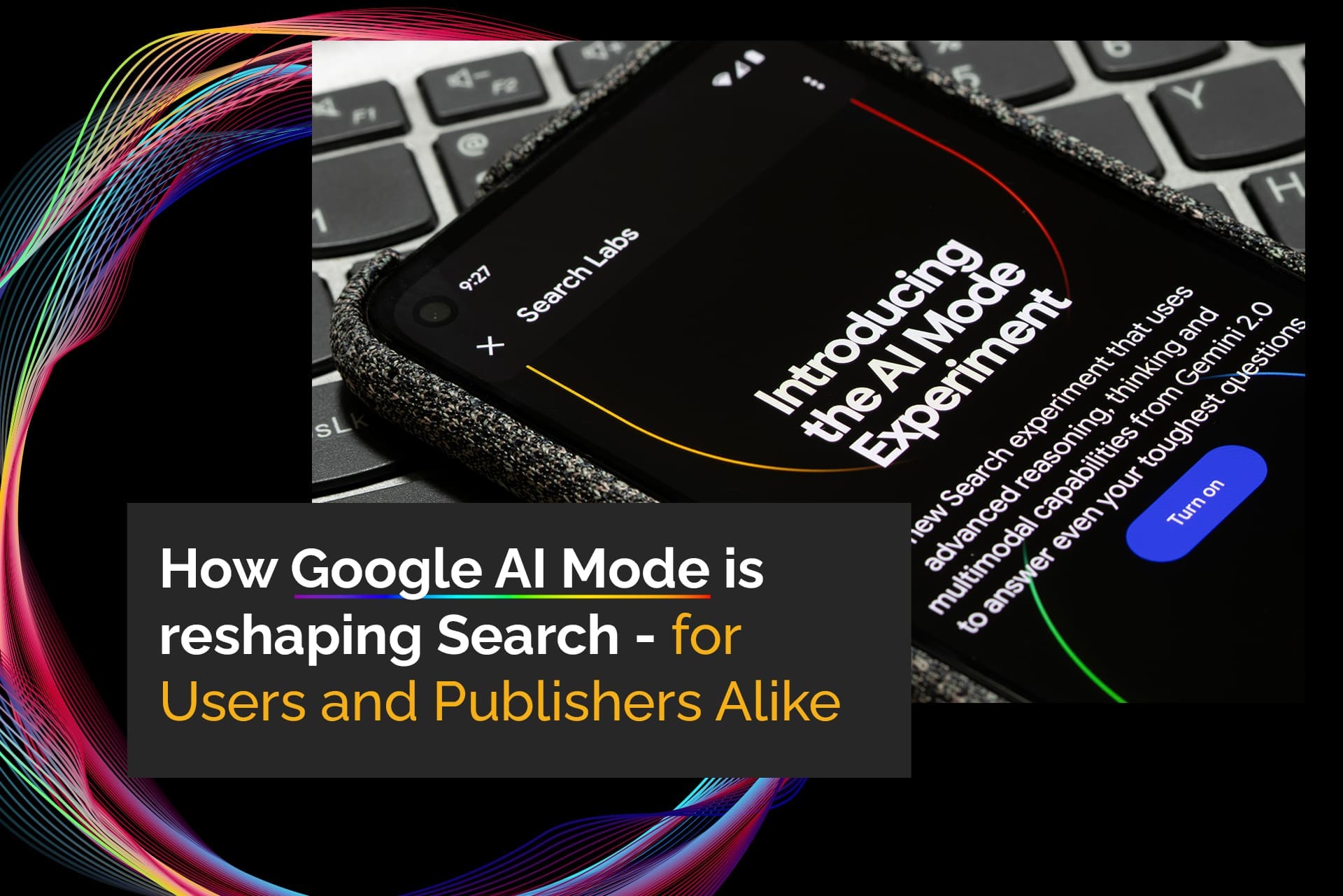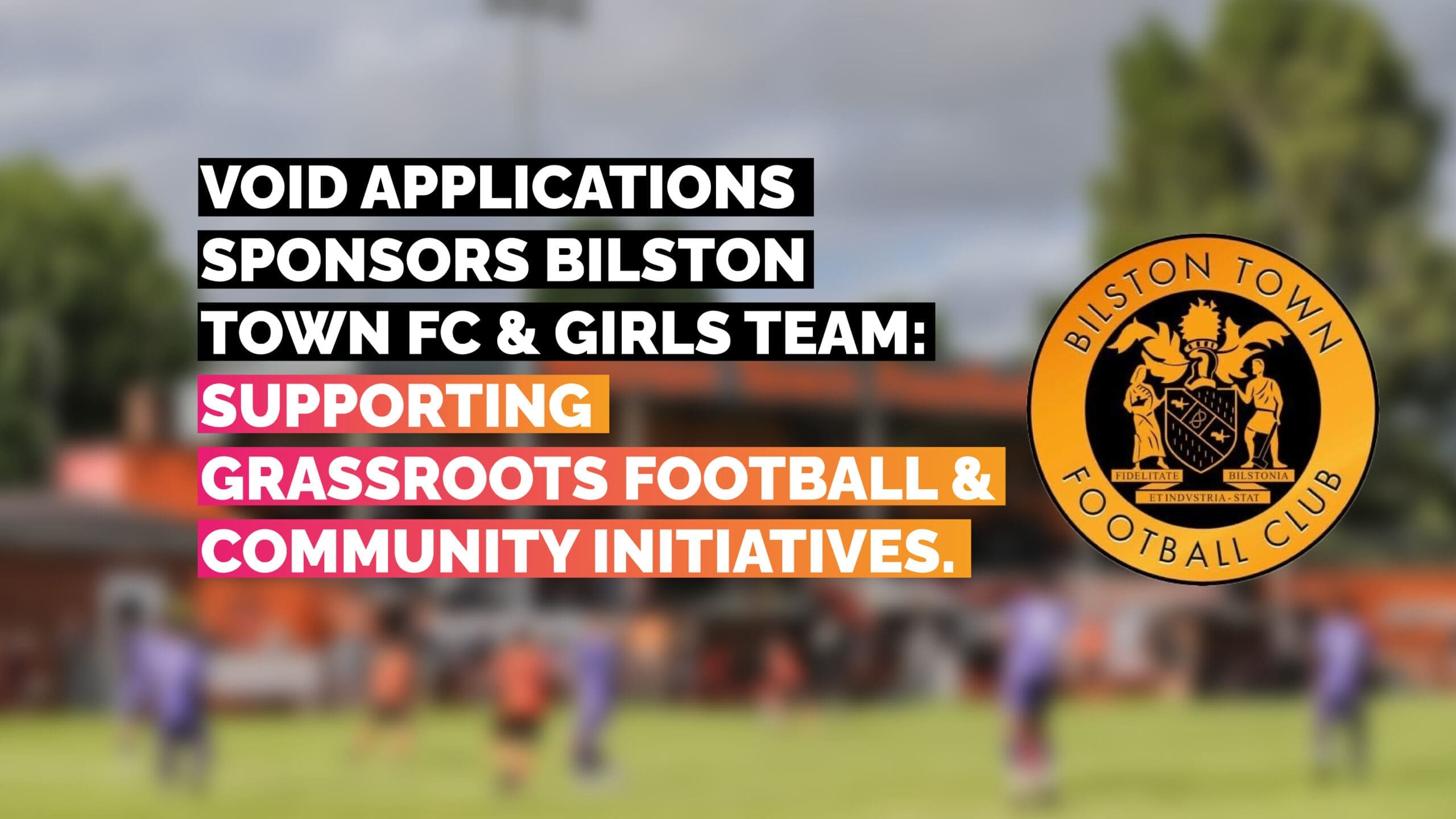So you got through Part 1, of ’10 Things We’ve Learnt as a Business’, and you’re anxious to know more right? Well as the VOiD saying goes, ‘We’ve Got You Covered’. In a sense, the first 5 points we discussed, can be taken from the perspective of how to set your business up for success. So how do you maintain that going forward, and in many cases, the answer begins with you! So without further ado, here is part 2 of, 10 Things We’ve Learnt as a Business.
Table of Contents
6.
Find the Right Business Bank Account
Business banking costs money and every banks wants to give you the best deal (or so they’ll say). Shop around and find a bank that pays for itself. For example some banks will give you cash back for having a certain amount of money in the account at all times, this can offset the monthly cost.
Be aware that some banks will charge you for cash deposits so if your business is cash based make sure you have the correct account for you. Don’t pay the banks more than you should, they already make money, from your money.
Look at FSB membership (The Federation of Small Businesses). You can get a bank account at no charge for the life of the membership which means you get great FSB benefits for the offset price of a bank account.
Lastly, but no less important, try to ensure they have a good infrastructure with their online portal and apps. Talking to Ai, and going on wild goose chases during what should be a work day can be very time intensive, so consider customer support with the other aspects to make sure your queries are handled with care and urgency.
For the same reason, we would tell you to outsource to professionals to alleviate pressure and delegate the jobs you are not versed in, is the same reason we would tell you to invest in services that you can use to automate parts of your business.
7.
Use Money to Buy Time
By now, we know investing in the right people will keep a business afloat and more, but another serious consideration is how a business should use money to buy time, figuratively. Investing in the right tools and process management facilitation allows us to centralise and organise how we work, the way we work and puts into perspective the why’s of these ways. We’ve done it ourselves a numerous amount of times; we’ve looked for the cheapest or even free option in order for us to manage projects, monitor metrics, even cut corners where possible with software (more so in the early days, it’s hard being a startup y’know) and the most we can say about this is… don’t.
Premium services are premium for a reason. For the same reason, we would tell you to outsource to professionals to alleviate pressure and delegate the jobs you are not versed in, is the same reason we would tell you to invest in services that you can use to automate parts of your business to not only free up time but save you the headache of trying to reinvent the wheel.
Project Management Tools
You see them advertised all the time, and a majority of them give free plans for you to get your feet wet. Not every single option is a one size fits all, and depending on the size of your team, external factors, and personal preference, you may use one or more. Either way, a project management tool can help keep all key information in one place and be used to brief and give overviews of multiple projects to members of the team at any moment.
Gone are the days you had to write every detail in a notepad; you still can, but make that burden easier by transcribing it in a piece of software that’s set up for you to record, track and checklist your day-to-day actions and make staying on top of everything easier and accessible from anywhere.
Take a look, and get started with these (we promise this is not sponsored):
Communication
Communicating with colleagues and clients is key (yes even when everyone else is wrong and you are right ????). Email is the standard so making sure you are set up to send and receive communication from the get-go is of the utmost importance (oh you need this set up? Well we know someone who can help). Why is it of the utmost importance? Well, its an unintrusive method of contact as long as your signature/sign off hasn’t got personal methods of contact or personal social profiles attached to it. You can set up an email specifically for work, so there’s no overlap with your personal use accounts, whilst still adding your business profiles to it so that people can visit your business across other mediums if they’re looking for more information whilst contacting you. Email, when used correctly is a superb ice breaker, but the key word is, correctly. Unsolicited mail is a no no, unless you want a reputable relationship with the junk and spam folder.
Use what’s best for you, but be mindful of differentiating your business’s needs from conversational pleasure and cat pictures.
The major benefit of email is trackable correspondence. Stay in the same reply chain where necessary and nobody gets hurt… sorry that was an outburst from others not following the rule.
However, for internal communication between team members, a fast instant messaging app is a game changer. From Skype to Slack to Discord they all do the same thing (with some having more features than the other which dependant on your needs are a hop back and forth across the line of pro and con). All allow you to work together remotely and keep your conversations together and more importantly trackable.
Our personal favourite is Slack which allows for multiple channels so you can have different places to discuss the different facets of your business whilst restricting or expanding the audience of each channel and allows for some customisations. It’s very much in the same vein as Discord, however, as avid users of both, it’s nice to have a specific place for workplace communications, whilst the gamers in the team use Discord specifically for out-of-work endeavors and networks. Use what’s best for you, but be mindful of differentiating your business’s needs from conversational pleasure and cat pictures.
8.
Look After Yourself and Your Employees
Starting, joining or maintaining a business is, without a doubt, a massive ask. Whilst, in the long run, it may be worth it, the ups and downs and what comes with the territory, whether it’s good or bad, can and will be taxing. Understanding how to create safe spaces and separations from the day-to-day is key and, sadly, understated.
…you simply cannot do everything every day.
The constant perpetuation that if you aren’t doing anything, you are wasting time and a barrage of social influence personalities online circulating notions that they have no off switch is likely going to bring about conflicting factors of how you feel about your own journey and what you should be doing. As stated previously (and again, and again, and again), you simply cannot do everything every day. Your journey is for you to decide, and there will never be a set in stone right or wrong way to run a business, but we can take steps to ensure its success is very likely. Looking after yourself and those that represent your business should be put at the forefront.
Work-Life Balance
A healthy work-life balance is different in its meaning to everyone. 50/50, 60/40, 70/30, the fraction or split is irrelevant if you aren’t able to feel fulfilled or content in both areas. It’s a neverending tightrope that’s walked by everyone, so take solace in the fact you aren’t alone, and the issues it brings in achieving a healthy balance is a common discussion that many people like yourself should be having with one another.
There isn’t a one-size-fits-all prescription for the correct answer to maintaining a healthy work-life balance, but there are steps you can take to understand your situation so it changes for the better, and they can be implemented as quickly as now! Mental Health Org has a great breakdown of this, and as much as we can tell you to be mindful of your work-life balance, we wouldn’t be the right people to tell you what to do, so as we’ve mentioned previously, seek professional advice: Work-Life Balance, Exploring Mental Health, by mentalhealth.org.uk
Celebrate the Wins
It’s imperative that, when possible, you take a step back and celebrate the wins within your business. Do we mean popping bubbly and renting a limo? That’s dependent on your turnover and size of win, but a box of doughnuts for the office, gift vouchers or a celebratory meal can go a long way for team building and recognition of accomplishments. Have the ability to push the boat out every now and then? We say, go for it. If you don’t celebrate your wins, then who will?
Wins come in many shapes and forms, and what’s treated like a win at first may become the norm. That doesn’t mean it shouldn’t be recognised any different; small wins, big wins, wins in between, these are the defining factors of a successful business and, as such great for morale. Learn to share these wins in a constructive fashion, and not only are you able to show your business in a positive light, but you’ll be harnessing your authority in the space you work, which in itself makes your business attractive to potential prospects. Seems like a ‘win/win’ to us.
Make time for Annual Leave
Let’s take a minute to cycle back to Work-Life balance. Any business that wishes to remain within the legal parameters stated by the Government must allocate a number of days holiday to its employees. So, use it! If you don’t, you literally lose it. Burnout is real, especially if you are your own business. If planning ahead is a skill, then so is constructively using holiday. Understanding that annual leave doesn’t have to be used for you to leave your home, means if you are yearning to have a week binging your backlog of shows, then as long as you have made the time to do so, you should go for it.
Finding it hard to find a win and find yourself in a position where you can use holiday days? Then guess what, you’ve got one of the biggest wins right there in your hands.
Taking time away can only be beneficial, especially if you find yourself in a routine constantly. Even if you love that routine, the breakaway is good for mental capacity.
9.
Learn from the Lows
Every business has challenges. If it were easy, the landscape of offerings and rates of success would be vastly different. Accepting that there will be peaks and troughs to your experience is one of the first steps in understanding business as a whole. You can’t see rainbows without having a little rain.
In these instances, learning from the lows is what matters the most. For example, did you lose out on business with a client, what step of the process did it happen, and what can you do next time to change this? Even with that change, the chances are it will happen again in the future; that’s what makes business, business, every failure is an opportunity to review and improve your negotiations and service offerings. Don’t dwell on losses. They are one of the biggest time stealers, and so acknowledgement of the moment and moving past this with compassion is something you will have to learn and apply as your career goes on.
Like many of the topics in this list, there’s not something you can do to stop ‘lows’ from happening, but you can change your mentality towards them, so your acceptance of these instances becomes a tool for improvement.
10.
Learn and Adapt
The theme of learning will always be consistent in business. Learning what your business does next, what your client’s needs are, what new problems need solving, and how these are all going to intertwine to ensure you stay relevant will be a passive investigation. As stated earlier in this piece, use due diligence when incorporating new service delivery and trends into your business, but also be mindful that your customer’s psychology can and will change regardless of the sector. There’s a difference between clinging to the next best thing and adapting your services to cater to your customers or even your own business needs that are changing.
Understand What’s Changing with Your Customers Needs
Over the time VOiD has existed, there’s been a lot of guidelines and regulations updated for customers and businesses alike. Google is forever refining their small print and web technologies, which in turn forces businesses hands to make sure all parties involved are compliant and getting the best from these services. We’ve lived through the GDPR implementation that changed the face of anonymous marketing (or so we thought), we’ve seen the rise (and fall) of a new type of currency, and we’ve seen how World Events can have a direct impact on cybersecurity and e-commerce, as well as the value of everyday items.
So many instances of change is bound to have an impact on your end-user, consumer or client at some point in time, whether that be instantaneous or over a period of time. What matters is using this to your advantage to show the client you understand their needs as a result of these changes, sometimes before they even realise their needs have changed.
Let’s take the Google example for a spin. The GA4 Tag and update (Google Analytics 4 Tag) was announced and released in October 2020. Its deadline for replacing the current tech and allowing for smooth changeover from its predecessor is July 2023. Google amplified the importance of this changeover by stating this year, that GA4 will be the default and only way of tracking, making UA (Universal Analytics) redundant.
The lesson from this example is if you understand the change that is coming, you could have used the time gone all ready to begin the transition to the new technology or at least plan for it. Currently, even professionals are scrambling to understand what the implications of the switch mean for the future. So by being ready to at least changeover, they stay ahead of the curve in a sense and give themselves time to make acquaintance with what the new system brings. What does this mean for the customer of the businesses serving in this industry? Well, it could mean there’s a smooth transition, no loss of data collection and next to no negative impacts on site and app performances going forward, or if said business in this example was late on the draw and left it until the last week to acknowledge these changes, well, that’s not going to work out in their favour as the drawbacks affect their end customer and so have missed out on the opportunity to fulfil their customers needs as well as create a backlog of effort that will have to be dealt with in the here and now.
We remind you radical change isn’t necessary (sometimes), but a keen awareness and initiative can be the difference in gaining and retaining customers.
Complimentary Services
How do you add value to your own business offerings without overextending? Complimentary services, or ‘add-ons’ if you will, are great ways to up the level of service delivery without overloading on your commitments or spreading your service areas wafer thin.
Web Design and Development is VOiD’s main forte. A website has to be hosted, and in many an instance, our clients aren’t trained to keep their website up to date, so it makes sense that we offer Web Hosting and Website Maintenance alongside Web Design and Development to our clients because these are major factors in ensuring the success of a website when it comes to speed, security and content updates.
These are jobs that relate to criteria we would have to fulfil initially anyway, so when we show our worth through our work, the client usually wants to stay with us if they haven’t already decided to take out a contract (and based on relatable services being used, you can play around with discount percentages to make your service as a whole more tantalising), this minimises the risks on their side and grants us more work on a monthly basis without overexerting our efforts. We’re happy, they’re happy, and that’s what it means to add on to your business without complicating or making specifically unique approaches to each client in order to get more work. The beauty is any business can do this, and if a mainline service can be used as an add-on, you can specify a standalone price as well as a package price. Voila, you have just upsold!
Post-COVID
If we were to take this chance to look back on the events of the past few years, COVID19 would be one of the defining factors of our success. You can’t plan for everything. But through grit and determination, you can persevere and, sometimes, thrive.
Unfortunately for a lot of businesses, this was a period of time that saw closures, and many budding startups had to pause or be no more. We personally couldn’t comprehend some of the stress and anxiety that this new version of day to day operations brought. One of the massive advantages to being a digital agency, is the fact we can work remotely, and our service deliveries only see downtime if our servers go a miss (we have a 99% uptime btw), so as much as we saw the devastation the virus caused, we also witnessed the birth of new businesses and ideas being carried out in what seemed like a glorious rebellion against the changes that COVID introduced.
This was a time that businesses may have been forced to go online or push into ecommerce if they hadn’t already or to make those extreme changes (pivots) we’ve warned you about prior. Whichever way you looked at it, this was ‘Learn and Adapt’ on a Global Scale.
Due to the need for technology as the restrictions hit, it meant the reliance on the World Wide Web was at an all time high. Thus, we found ourselves in a space that defied the constraints COVID had brought, and through that we as a business was not only able to survive but flourished.
Working from home was introduced and is a staple for us even now, with selected days getting together at the office for in person interactions and the remainder utilising Zoom calls to fulfil team talks as we work from home, the understanding between us as a team that we all went through something and still continue to, means as a business we need to tend to that going forward. Mindfulness is key.
Sometimes the success of a business isn’t defined by the services that are on offer, the turnover, or the awards. Success takes many forms, and knowing how to adapt even in the most uncertain of times in order to survive so you can strive later on is success in itself. If there’s one thing that we’ve learnt as a business that you can implement straight away, it’s never give up on what makes you get up in the morning (or night, not all businesses have the same hours amiright?).
Conclusion
In conclusion, the past two posts have been a blast to write. We’ve been through so much as a business, it feels uplifting to find a constructive outlet to share this information and even during the writing of this piece, learn how to convey these notions, to you the reader. With that being said, if VOiD can help you with any of the topics covered, or if you’re interested in the services we offer to cater to your digital marketing needs then feel free to Contact Us. Until next time!











